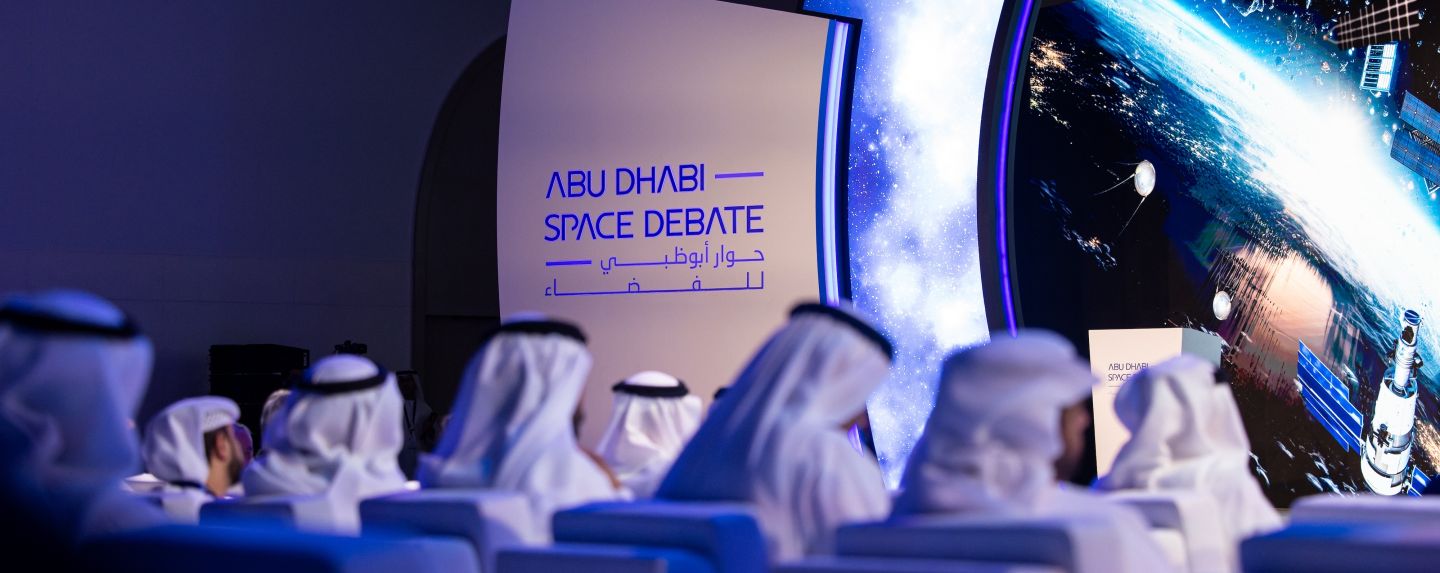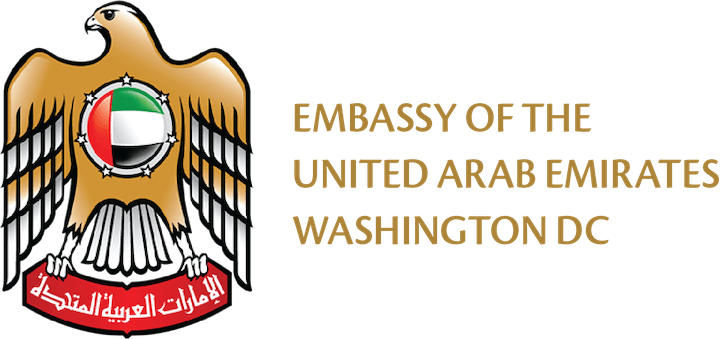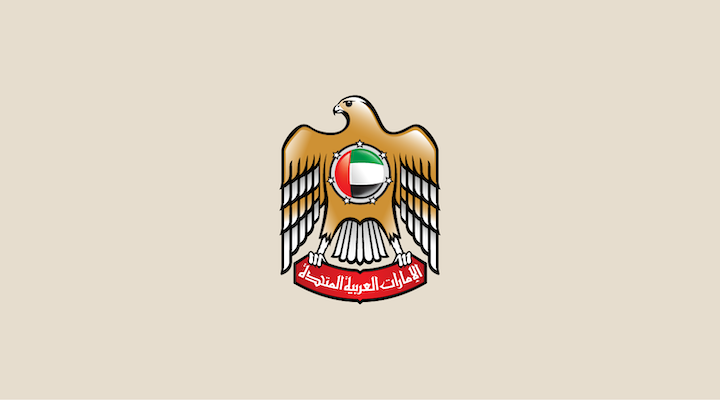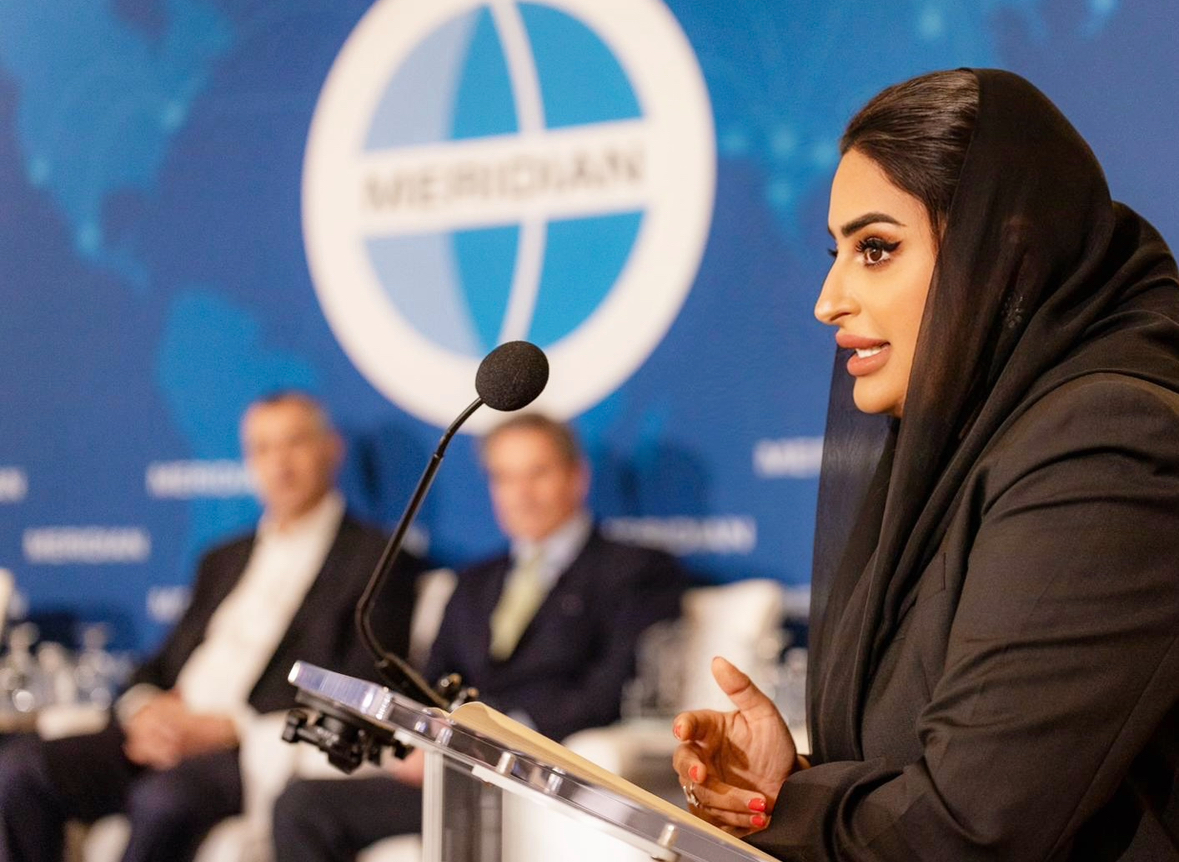
By Ahmad Al Sawalhi, Director of Aerospace Affairs & Trade Outreach, UAE Embassy in Washington, D.C., Saud Karmustaji, Director of Strategic Communication, Mohammed Bin Rashid Space Centre and Fatima AlShamsi, Acting Director, Space Policies and International Relations Department, UAE Space Agency
We are on the heels of the Abu Dhabi Space Debate, which took place from 10-11 December 2024. The UAE Embassy in Washington, D.C., in partnership with the UAE Space Agency (UAESA), the US Chamber of Commerce and the International Trade Administration, was delighted to welcome a delegation from the American private sector and US Government to engage with UAE entities, exchange ideas and gain insights during the course of the Debate.
As background, this global conference was first launched in 2022 as a forum to discuss pressing topics surrounding the space industry. It provides a means for debate and dialogue among members from the civilian and military space programs so that they can collectively address a series of shared space challenges.
This year’s conference addressed the growing problem of space debris, which poses significant risk to active spacecraft, satellites and future exploration efforts. Low-Earth orbit has become increasingly crowded, with a surge in satellite launches creating challenges for space traffic management and raising concerns about collisions and debris generation.
Beyond the issues at hand, the Abu Dhabi Space Debate is more than shared discussions and understandings. This conference always serves as a meaningful reminder of how far we have come in such a short period of time. Inspired by the legacy of our nation’s late founding father Sheikh Zayed bin Sultan Al Nahyan, who prioritized the progress of people and humanity, and through close collaboration with NASA and other US partners, the UAE has emerged as a global player in space exploration.
And even hundreds of miles above Earth, the UAE-US partnership is setting benchmarks for innovation and progress. From the Emirates Mars Mission’s Hope probe to astronaut training, our nations are working together to advance scientific discovery and provide a hopeful path forward for our young people.
In 2024, the UAE made significant strides in space, marked by a number of new partnerships, exciting announcements and scientific discoveries.
Last January, NASA and the Mohammed Bin Rashid Space Centre (MBRSC) announced that the UAE will provide an airlock module for NASA's Gateway, humanity’s first lunar space station. The ‘Emirates Airlock’ will enable groundbreaking science in deep space and prepare to one day send humanity to Mars. As part of the agreement, a UAE astronaut will also fly to Gateway on a future Artemis mission.
This past year, two Emiratis – pilot Shareef Al Romaithi and engineer Obaid AlSuwaidi – successfully completed separate 45-day simulated Mars missions for the second analog study under the UAE Analog Programme, as part of NASA’s Human Exploration Research Analog (HERA) Campaign 7 Mission 4 at the Johnson Space Center in Houston. In partnership with American crew members, the two undertook a series of human health experiments, six of which were led by MBRSC in collaboration with UAE universities. These experiments conducted during the mission focused on physiological, behavioural, and psychological responses in isolated and confined environments, which will provide valuable insights for future missions in deep space.
In another significant development, UAE companies Bayanat and Yahsat jointly forged Space42, the MENA region’s first AI-powered space technology company. Space42 delivers AI-powered technological capabilities for space to customers around the globe.
Furthermore, American space infrastructure developer Axiom Space and UAE-based healthcare services provider Burjeel Holdings announced a ground-breaking partnership to advance medical research in space. Starting in Spring 2025, astronauts on the International Space Station will wear select pieces of Burjeel’s innovative medical technology to explore the effects of microgravity on the human body.
The UAE Space Agency is also developing its next ambitious spacecraft, a probe to support the Emirates Mission to the Asteroid Belt (EMA) – a seven-year program to explore seven target asteroids in the Asteroid Belt beyond Mars. Working in close collaboration with the University of Colorado Boulder’s Laboratory for Atmospheric and Space Physics (LASP), the two partners are working to explore water- and carbon-rich asteroids in an effort to better understand the origins of our solar system.
Looking ahead to 2025, the UAE’s space industry and its collaborations with US partners promise to achieve even more milestones. In January, MBRSC is anticipated to launch MBZ-SAT, a satellite named in honor of UAE President Sheikh Mohamed bin Zayed Al Nahyan, from Vandenberg Space Force Base in California. Crafted entirely by Emirati engineers, the satellite showcases the brilliance of local talent, with 90% of its mechanical components and a significant portion of its electronic modules developed by UAE companies.
In July, Abu Dhabi will host International Moon Day celebrations, commemorating the first human moon landing in 1969 and recognizing achievements in lunar exploration.
In support of the UAE’s Earth Observation Program, Space and ICEYE, a global satellite manufacturer, are partnering to establish manufacturing of satellite technologies in the UAE.
And later this year, Orbitworks – the Middle East’s first private space infrastructure company – will begin testing its first satellite platform in the UAE. The US-UAE entity – a joint venture between Abu Dhabi’s Marlan Space and San Francisco-based Loft Orbital – is set to produce commercial satellite constellations, aiming to produce up to fifty 500-kilogram satellites annually.
With these announcements and more, 2025 is set to be another banner year for the UAE’s space industry. The Dubai Air Show (17-21 November) will present opportunities for space-focused companies and entities to connect and collaborate with players in the UAE space industry. We invite American companies across the aerospace sector to attend and see what we’re all about!
Supported by international partners, a robust space industry and a skilled domestic workforce, the UAE is solidifying its status as a regional space hub and a significant player in the space race. This collaborative approach ensures that the UAE's unique contributions are felt across the cosmos, inspiring future generations globally and setting new standards for international cooperation in space exploration.





